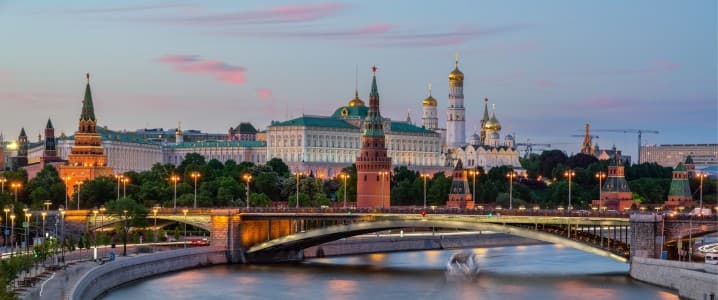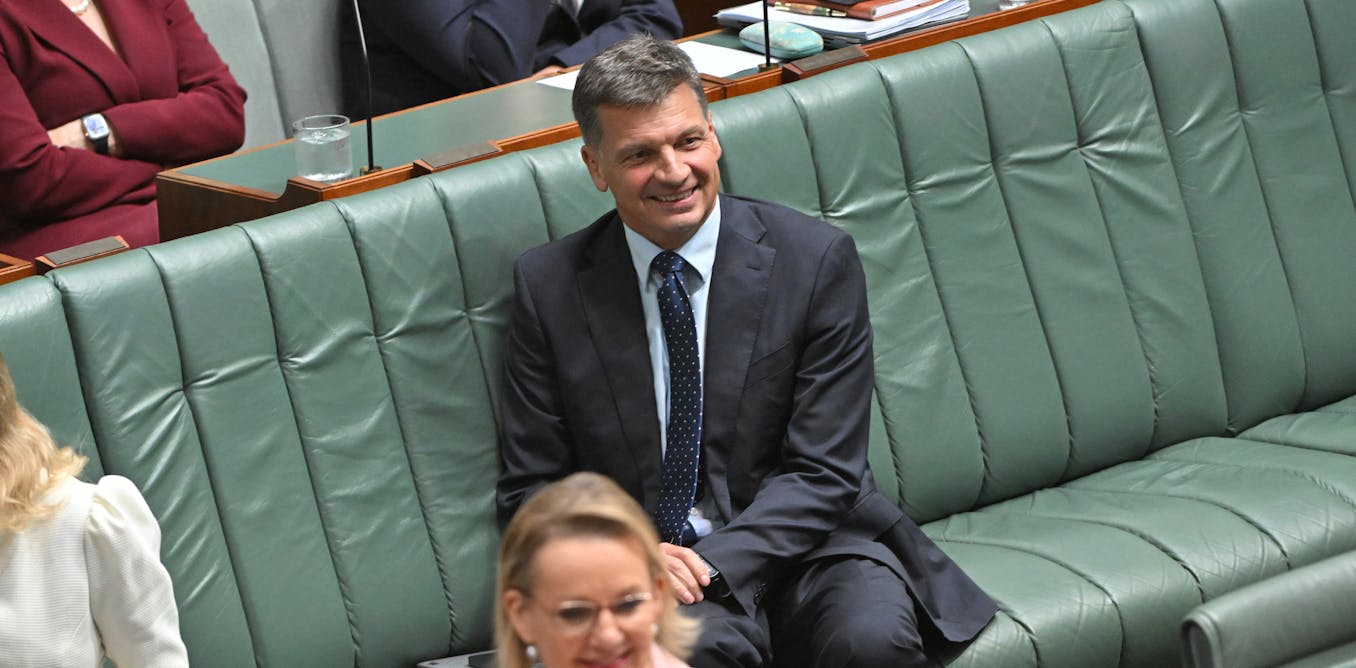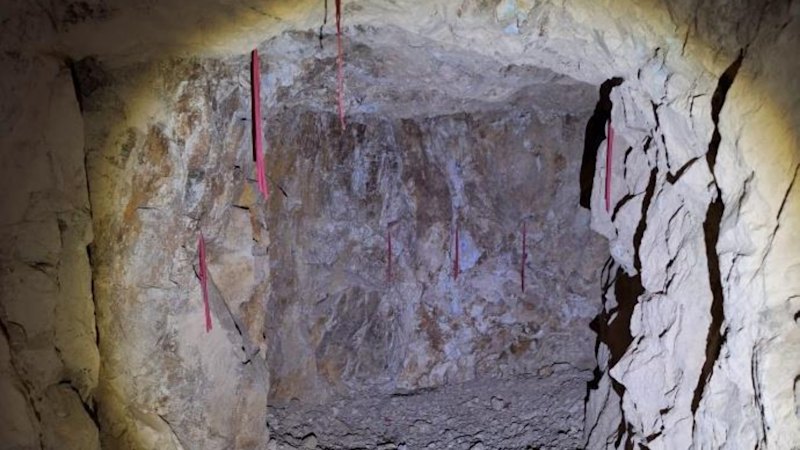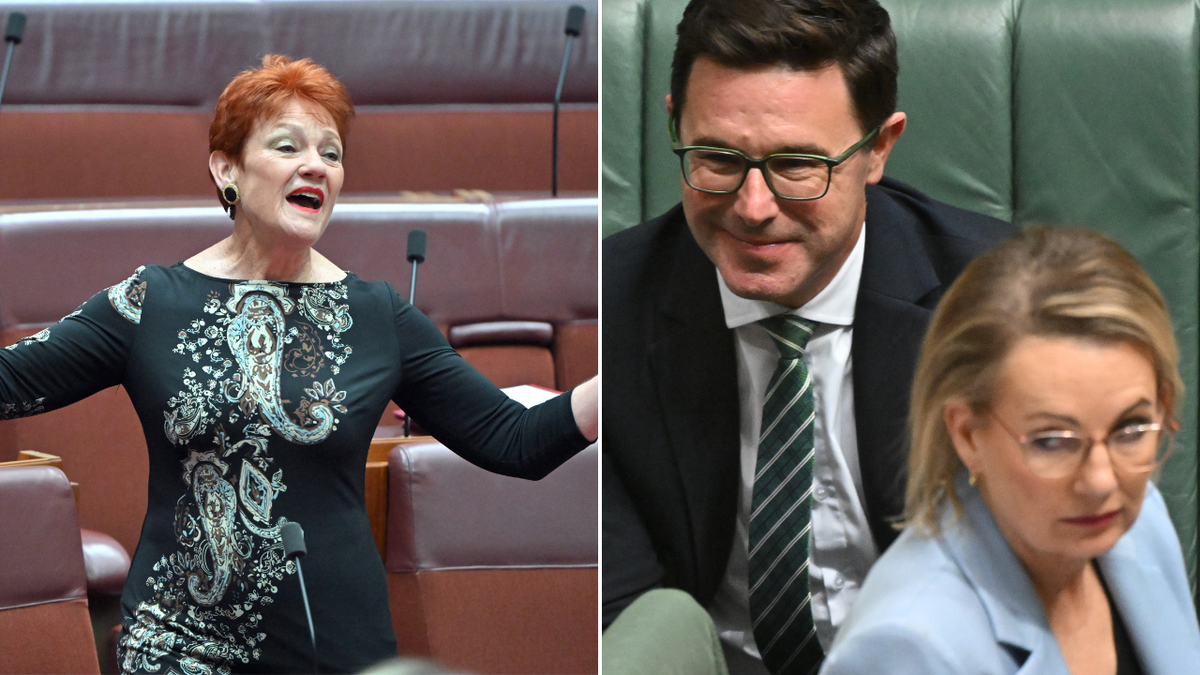
Russia has asserted that the European Union has incurred a staggering loss of $1.16 trillion (approximately €1 trillion) as a result of abandoning trade and energy agreements with Moscow over the past three years. In a statement made on Monday, Deputy Foreign Minister Alexander Grushko emphasized that various estimates indicate significant financial impacts stemming from the discord between the EU and Russia.
Grushko noted, “If we talk about the majority of experts, the total amounts to as much as more than a trillion euros taking into account losses from termination of energy cooperation with Russia, from the curtailment of trade.” He highlighted the drastic decline in trade between Russia and the EU, which plummeted from $482 billion (approximately €417 billion) in 2013 to just $69.4 billion (around €60 billion) last year. He remarked that the current trade levels are “practically approaching zero,” which he characterized as “lost profit.”
EU’s Energy Crisis and Sanctions
While the EU has been grappling with higher energy prices, particularly during the 2022-2023 energy crisis, it remains steadfast in its decision to phase out Russian energy imports. On July 18, 2023, the EU expanded its sanctions against Russia, targeting an additional hundred ‘shadow fleet’ tankers and tightening restrictions on energy trade. These sanctions also aimed to reduce the price of Russian crude oil from $60 to $47.60 per barrel.
The disruption to Russian gas supplies has been marked since 2022, particularly after Russia curtailed gas deliveries to many EU nations and halted supplies via the Nord Stream pipeline to Germany. In January 2025, Russian gas supply to the EU through Ukraine ceased entirely when Ukraine declined to negotiate a renewal of the transit agreement.
Despite these measures, some EU countries, including Hungary and Slovakia, continue to receive Russian gas through the TurkStream pipeline, which passes through Turkey and the Balkans. This pipeline has become the only significant route for Russian gas into Europe.
Earlier this year, the EU announced a comprehensive plan to reduce reliance on Russian energy, with a goal to halt all imports of Russian gas by the end of 2027. This strategic shift reflects the ongoing geopolitical tensions and the EU’s commitment to diversifying its energy sources.
As the situation evolves, the financial implications of the EU’s energy policies and their impact on relationships with Russia remain critical areas of focus for both economic analysts and policymakers.







